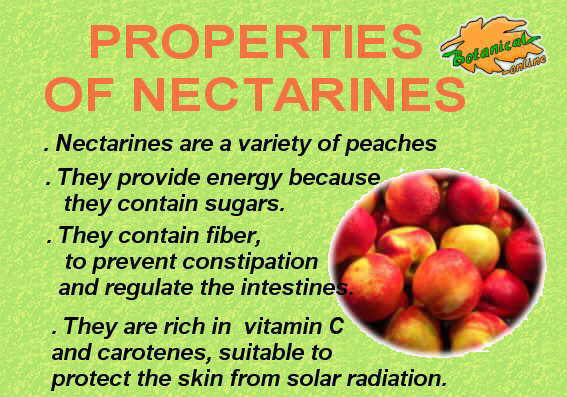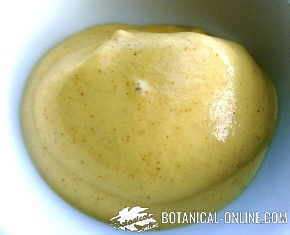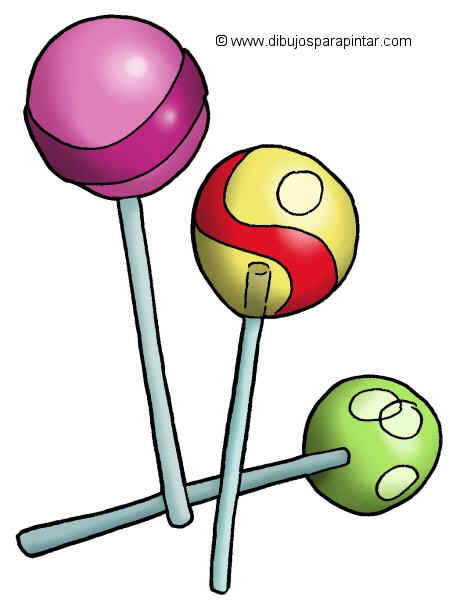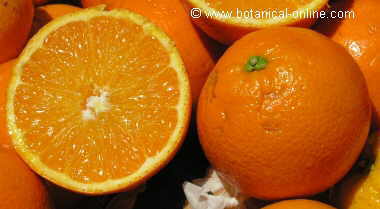Contents
- 1 Properties of mineral waters
- 1.1 CHARACTERISTICS OF MINERAL WATER
- 1.2 What is mineral water?
- 1.3 Types of mineral water
- 1.4 What is the difference between mineral and natural water?
- 1.5 Characteristics of chloridic waters
- 1.6 Properties of chloridic waters
- 1.7 Characteristics of bicarbonate waters
- 1.8 Properties of bicarbonate waters
- 1.9 Characteristics of carbonated waters
- 1.10 Properties of carbonated waters
- 1.11 Characteristics of sulphated water
- 1.12 Properties of sulphated waters
- 1.13 Characteristics of sulfurous waters
- 1.14 Uses of sulfurous waters
- 1.15 Characteristics of ferruginous waters
- 1.16 Uses of ferrugineous waters
- 1.17 Characteristics of radioactive waters
- 1.18 Properties of radioactive waters
- 1.19 Characteristics of waters of weak or very weak mineralization (trace minerals water)
- 1.20 What is the best mineral water for the body?
Properties of mineral waters
CHARACTERISTICS OF MINERAL WATER
What is mineral water?
Mineral water is considered that one which comes from a protected underground source. Unlike other waters, it has a constant mineral wealth (not less than 250 parts per million).
These minerals have to be in the natural composition of this water (not added) for this type of water to be considered a mineral one.
Besides, the bottling process should occur in its place of origin and this bottled water should be free of pathogens without any previous treatment.
Types of mineral water
Among these waters, we can consider the following:
Those who have more than 1501 mg of minerals per liter. (Heavily mineralized water)
Those that have from 501 to 1500 mg of minerals per liter (Moderate mineralized waters)
Those that have from 51 to 500 mg of minerals per liter. (Low mineral water)
Those that have less than 51 mg of minerals per liter. (Waters of very weak mineralization)
What is the difference between mineral and natural water?
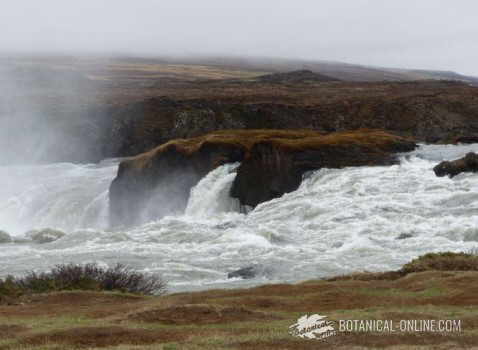
Water streams falling on the sea
Among the main mineral waters we have the following:
Characteristics of chloridic waters
Those that contain salts (solid chloride) at levels exceeding 1 g per liter.
The springs in these waters are the most exploited in hydrotherapy spas for its calming and soothing effects, as well as its ability to increase red blood cells and positively influence the metabolism.
Properties of chloridic waters
Among the many applications that can include the following:
Liver.
Rheumatism
Gallbladder
Diseases of the lymph nodes.
Anemia
Female genital tract
- Nervousness/Stress
Characteristics of bicarbonate waters
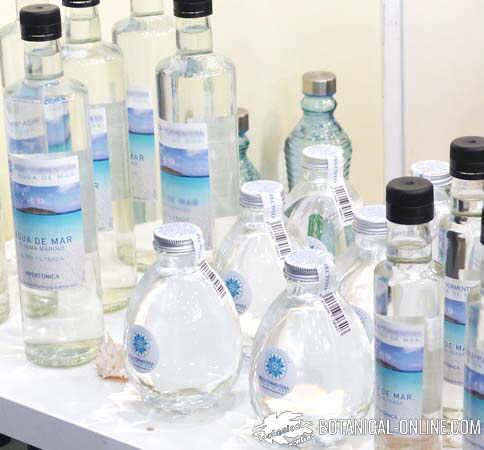
Bottles of water
They contain 1 g by liter of bicarbonate along with other minerals that turn them into a quite complex group. They are waters coming from volcanic lands.
They are used essentially in affections of the digestive apparatus, especially in those where it turns out suitable to neutralize the excess of acidity.
They are very interesting for metabolism problems, mainly for organisms that burn few fats or that have little active vesicles or livers. Its action has been demonstrated also on the kidneys, to which they make work more with the consequent increase of micturition.
Properties of bicarbonate waters
Between the many applications of this type of waters we will mention:
Acidity of stomach
Gastric ulcer
Gastritis
Diarrhea
Characteristics of carbonated waters
They are those with free carbon dioxide. This gas can come from the same source or has been added later by the processing company.
They are easily distinguished by the bubbles and the slightly acidic taste. They enjoy great reputation being widely consumed. Among the main advantages of this type of water, its ability to stimulate digestive acids, to alkalize the blood and to increase the removal of body fluids.
Properties of carbonated waters
Among its many applications we will point out the following:
Atonic stomach.
- Obesity
Characteristics of sulphated water
They are those that contain high amounts of sulfates. These sulfates combined with other mineral produce several subgroups, such as magnesium and sodium sulfated and calcium sulfated.
Recognized for its bitter taste, these waters are mainly active on the skin and gastrointestinal tract.
Properties of sulphated waters
Among the most popular applications, we include the following:
Liver
Problems of the skin
Constipation
Characteristics of sulfurous waters
They are those which have large amounts of sulfur. They are not adequate for human consumption, except in very specific anomalies controlled by specialists.
These waters are used mainly for external use. Because of their high concentrations of sulfur (greater than 1 mg per liter) the smell of rotten eggs typically characterizes them.
Being antibacterial, analgesic and suitable for the skin condition, these waters are used to cure diseases such as:
Uses of sulfurous waters
Skin and bones problems such as (arthritis and rheumatism) and respiratory diseases. (asthma, bronchial diseases, etc)
Characteristics of ferruginous waters
They contain much iron.
Uses of ferrugineous waters
They are suitable for drinking and can be used in conditions such as:
Anemia
Digestive atony
Obesity
Rheumatism
Characteristics of radioactive waters
Those that possess radium salts which gives them a natural radioactivity that is beneficial in certain cases.
They must be not directly drunk but are used in spas for hydrotherapy.
They have skin healing properties and exert a calming effect on the nervous and hormonal system.
Properties of radioactive waters
They can be used in the following conditions:
Bronchial diseases
Hyperthyroidism.
- Depression
Characteristics of waters of weak or very weak mineralization (trace minerals water)
They have very few minerals and are used primarily as “waters for diets” since they stimulate kidney function and promote diuresis.
These properties make them ideal for the sick or people who have a tendency to develop kidney stones, for sufferers of gout or rheumatism or those with digestive problems.
What is the best mineral water for the body?
The convenience of a type of mineral water or other depends on the type of person and the anomaly intended to be treated by the water. It is best to ask a specialist for advice on the type of water each person needs.
This is mandatory if you take water with strong or moderate mineralization, since in many cases, it might be contraindicated. For example, it is not appropriate for those who suffer from kidney stones to drink calcium water.
The best mineral water that cannot cause problems is the one with weak or very weak mineralization If the aim is the absorption of minerals it is best to choose foods rich in the desired mineral or mineral supplements because it has been shown that the body better absorbs these minerals from food than from water.
It is necessary to look at the composition of mineral water or bottled water in general to avoid falling into errors.
Some waters have very high levels of sodium, which can affect blood pressure. Other times, bottled waters have high concentrations of nitrates (The maximum dose should not exceed 5 mg per liter).
*Related information: Hydrotherapy
![]() More information on water.
More information on water.


